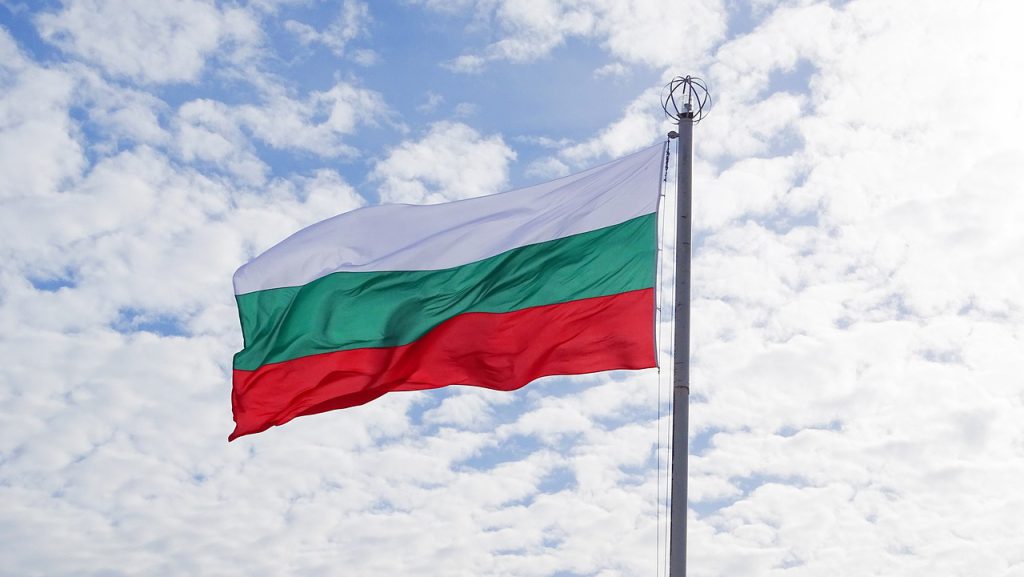Different countries have different rules regarding the application of inheritance, estate and gift tax. In the case of Bulgaria, taxes depend on the relationship between the deceased and the heir(s). This article aims to provide a comprehensive overview of Bulgaria’s inheritance, estate, and gift taxes.
Application of Inheritance Tax
Bulgaria imposes inheritance tax to properties passed down by a Bulgarian citizen, no matter where the property is located, and as well to properties in Bulgaria bequeathed by a deceased foreign citizen. This includes assets, possessions, rights, and debts at the moment of the inheritance operation.
In Bulgaria, the inheritance tax is paid by the heirs and legatees named in the will or by law. However, surviving spouses and direct descendants are generally exempt from this tax. The value of property, is assessed in Bulgarian Lev at the beginning of the inheritance process, except for exempt assets.
How Different Assets are Valued
The estate of any deceased individual, except those exempts from taxation, is assessed according to its value at the beginning of the succession, in the following manner:
- Real estate in Bulgaria is valued based on its assessed tax value according to local laws;
- Foreign currency and precious metals are valued using the central exchange rate of the Bulgarian National Bank;
- Securities are valued at their fair market value, or if that is hard to determine, at their nominal value;
- Vehicles are valued at their insured value;
- Other movable assets and rights are valued at their fair market value;
- Businesses or shares in companies are valued at their fair market value, or according to their accounting records if determining fair market value is difficult;
- For real estate located in another EU member state or country, its value is determined by a document from the relevant authority of that country, translated accurately into Bulgarian. The Municipal Council then sets the tax rate for each heir or legatee.
The tax rate is set by the Municipal Council for each heir or legatee. For siblings and their children- the tax is levied at rates between 0.4% to 0.8% for each portion over BGN 250,000. For everyone else- the tax ranges from 3.3% to 6.6% for each portion over BGN 250,000.
Within six months of the commencement of succession, the taxable individuals or their legal representatives must submit a declaration to the municipality where the deceased person last lived. If one heir submits the declaration on time, it benefits all the other heirs as well. In this declaration, heirs must list the inherited estate, specifying its type, location, and value. The tax must be paid within two months after receiving the notice.
Exemptions from Inheritance Tax
The following categories are eligible to benefit from inheritance tax exemption:
- Estates of individuals who died serving the Republic of Bulgaria, in duty-related incidents, industrial accidents, or natural disasters;
- Estates left to the State or municipalities;
- Estates designated for organizations like the Bulgarian Red Cross, registered religious groups, or cultural centers;
- Everyday household items; small agricultural tools;
- Libraries and musical instruments;
- Unclaimed pensions of the deceased; estates of Bulgarian citizens abroad if inheritance tax was already paid in that country;
- Ordinary household items, small farm tools, libraries, and musical instruments are exempt from tax if they are inherited by direct relatives, a spouse, or siblings.
If you are seeking guidance on the relevant inheritance procedures and taxes, our firm can support. For assistance and detailed insights into Bulgaria’s property and gift tax regulations, please feel free to contact us.




